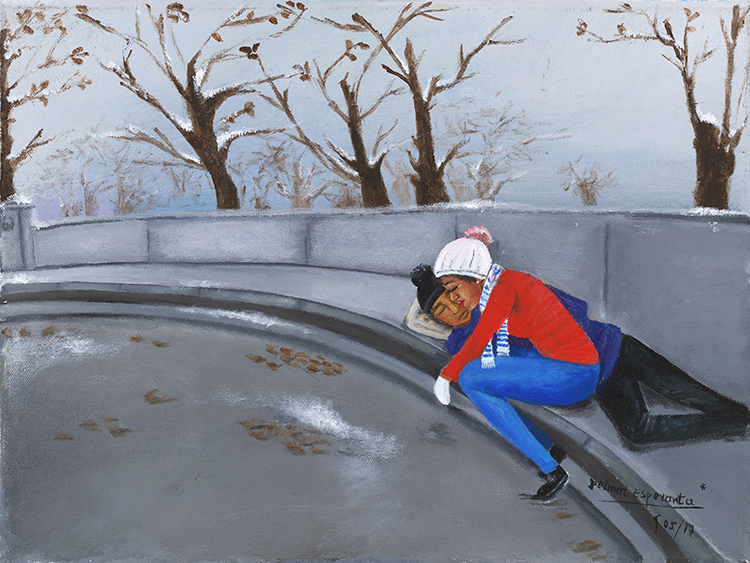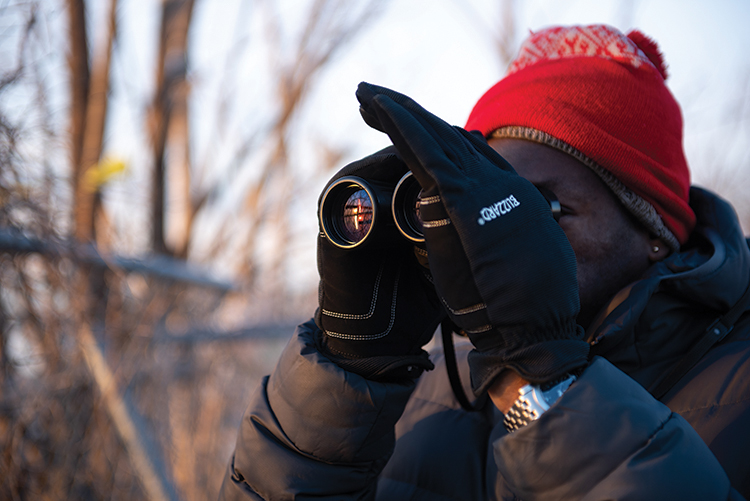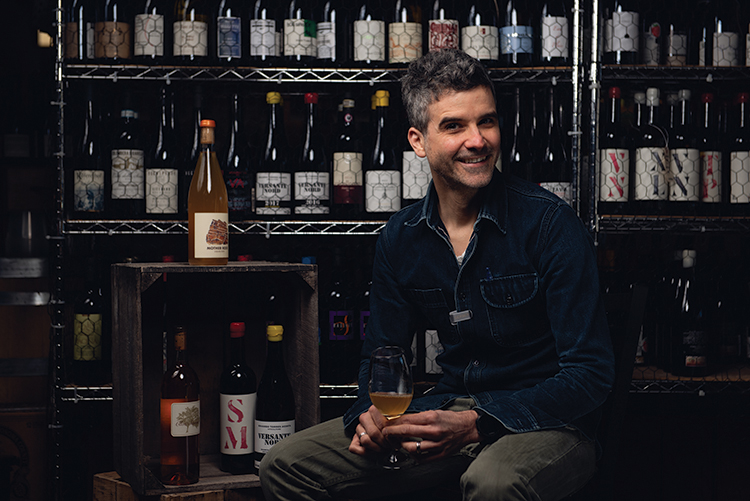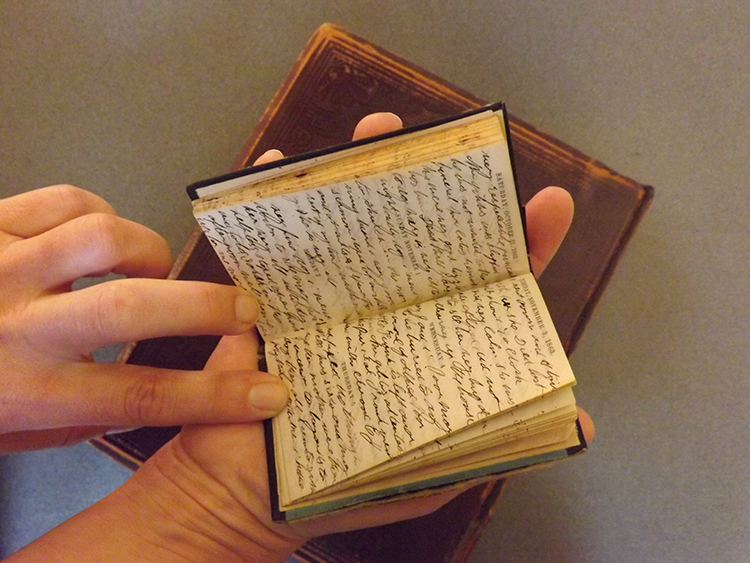By Cynthia Kreilick
My 92-year-old mother was sitting in the dining room of her nursing home, eating her first breakfast there. Everything was unfamiliar—the food, the place, the people. When my daughter and I arrived, she was disoriented and emotionally unhinged.
As we tried to comfort her, a very frail, white-haired woman in a wheelchair rolled over, took her by the hand and said firmly, “Let me tell you something: You’re going to be fine.”
“This is a wonderful place,” she told my mother. “This is home.”
My daughter and I teared up at these words. They were exactly what we needed to hear: to know she would make new friends; that she would be welcomed and watched over when we couldn’t be there.
I am a writer, and a publisher of bilingual children’s books. A few days ago, I was sharing one of our bilingual stories, “The Whispering Benches,” with a Haitian nurse at my mother’s home. It’s a love story, in English and Haitian Creole, about a young man who was airlifted to the U.S. after the 2010 earthquake near Port-au-Prince. I was inspired to write the story by Haitian refugees with whom I worked in Germantown and Olney, helping them open licensed child care programs in 2012 and 2013.
In “The Whispering Benches,” the main character invokes all of the religious and superstitious traditions he knows to bring his girlfriend from the island to Philadelphia. He lights candles in a cathedral and prays, draws a Voodoo vèvè and calls on the Spirit of Love and tosses coins into a fountain. In the end, she appears, but only as a loving spirit because, unbeknownst to him, she had died in the earthquake.
The nurse read the story aloud in Creole and reflected sadly on the beautiful illustrations. They reminded him of the island he knew as a boy. He lamented the fact that his son would never see Haiti the way he remembered it. When asked by his church to fly down and help with the recovery effort, he had declined. He told me he would have been of no use because the magnitude of the suffering overwhelmed him.
I hope reading the story helped him heal, helped him bring to the surface the grief and sorrow that needed to be aired and released. In both interactions, I, myself, came away healed. The old woman not only reassured my mother, she reassured me. The nurse, in reading my book and affirming its message, showed me how profoundly connected we all are in our suffering.
We all need people to acknowledge our suffering to help us heal. The greatest acts of empathy often come from the most unexpected places.
Stories shared are one of those places.
Cynthia Kreilick owns Morning Circle Media, which publishes bilingual children’s books and offers professional development on early literacy and cross-cultural understanding.







